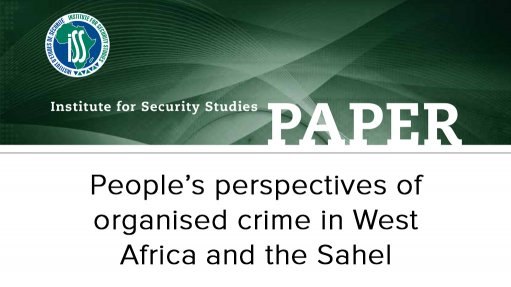
This study assesses community perceptions about illicit trafficking and organised crime in West Africa and the Sahel. Focus groups were conducted in Mali, Niger and Guinea-Bissau. For many of these communities, trafficking and migration are resilience strategies employed in the face of weak governance, corruption, food insecurity and conflict. Communities broadly did not recognise economically motivated trafficking to be criminal acts, although they acknowledged the negative impact of their growing reliance on criminal economies. The discussion groups portrayed a self-reinforcing cycle of poverty, crime and disenfranchisement. Regardless of their frustration with the state, participants highlighted a desire to see their states strengthened to play a positive role in their lives. The study offers new perspectives on the challenges of conflict, governance and state fragility across these regions, and a range of suggestions are proposed.
About the authors:
Mark Shaw and Tuesday Reitano are senior research consultants for the Institute for Security Studies (ISS) and work for STATT Consulting, Hong Kong (www.statt.net). They are collaborating with the ISS on the set-up of the Global Initiative against Transnational Organized Crime (www.globalinitiative.net), a non-profit organisation that focuses on building an analysis platform and developing networks for improved global responses to organized crime and its impacts on human security. Original research by Adam Sandor, Andreia Teixeira and Marcena Winterscheidt.
This study was funded by a grant from the National Endowment for Democracy (www.ned.org). NED is a private, non-profit foundation dedicated to the growth and strengthening of democratic institutions around the world. Each year, with funding from the US Congress, NED supports more than 1 000 projects of nongovernmental groups abroad that are working towards democratic goals in more than 90 countries. The ISS is also grateful for the support of the following core partners: the governments of Norway, Sweden, Australia and Denmark.